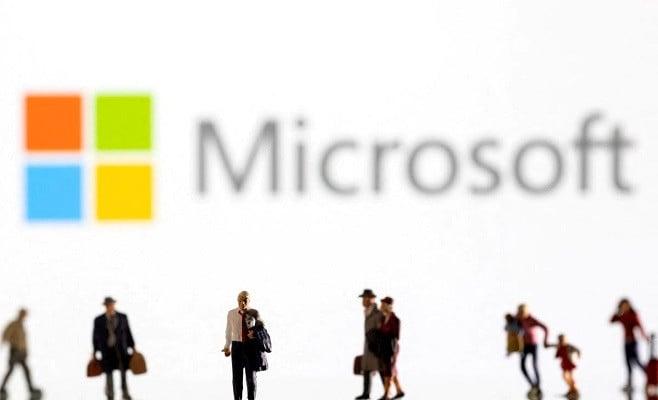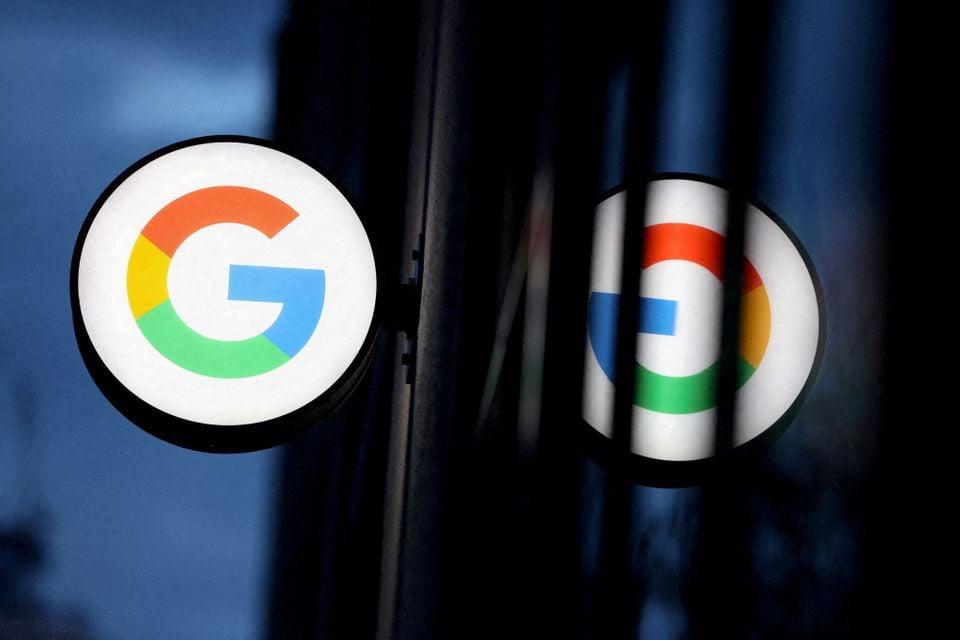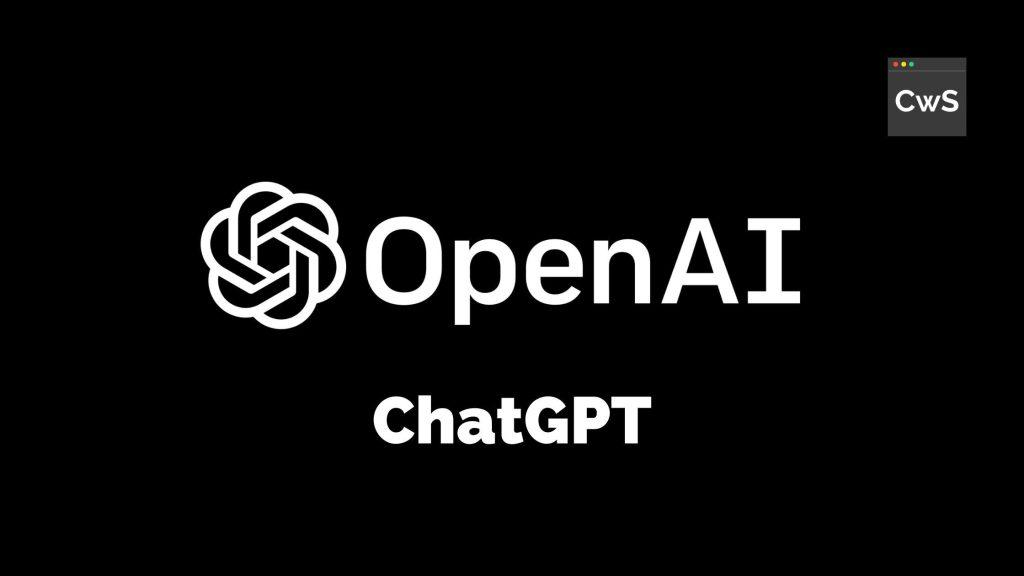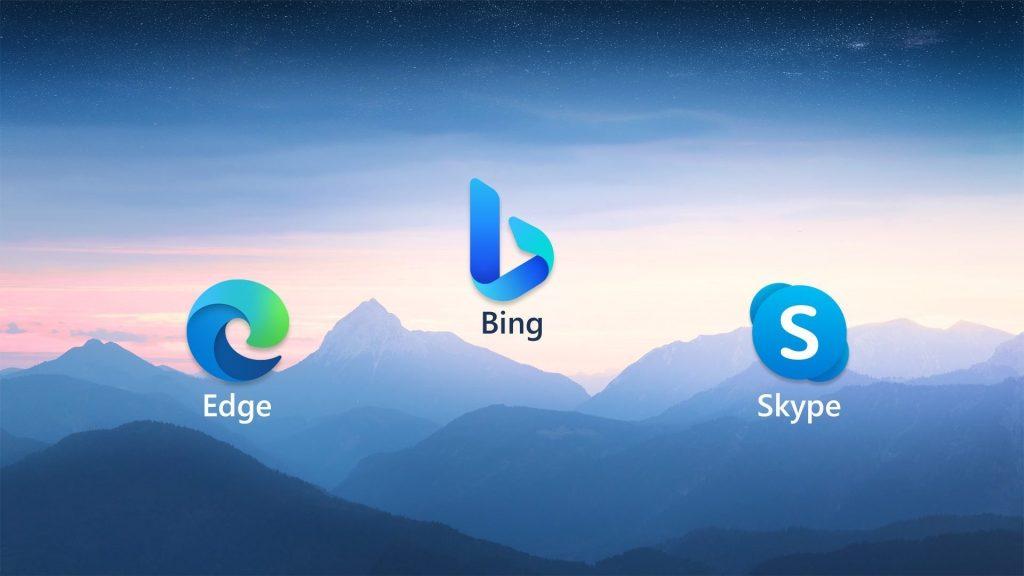Tesla has successfully navigated through significant regulatory obstacles that have previously impeded the deployment of its self-driving software in China. This development sets the stage for a positive outcome following Elon Musk’s unexpected trip to the U.S. automaker’s second-largest market.
CEO Musk arrived in Beijing on Sunday, reportedly to discuss the implementation of Full Self-Driving (FSD) software and the authorization to transfer driving data overseas, as per a knowledgeable source.
Musk’s swift visit, which included a meeting with Chinese Premier Li Qiang, occurred shortly after he cancelled a planned journey to India to meet with Prime Minister Narendra Modi, citing “very heavy Tesla obligations”.
Sources informed Reuters on Monday that Tesla had struck a deal with Baidu, allowing the American company to leverage the Chinese tech giant’s mapping license for data collection on public roads—a crucial step for introducing FSD in China.
Additionally, a prominent Chinese auto association announced on Sunday that Tesla’s Model 3 and Model Y vehicles were among the models tested and found compliant with China’s data security requirements.
Concerns over data security and compliance have been primary factors hindering Tesla, despite significant demand, from offering FSD in China, its second-largest market worldwide. Since 2021, Chinese regulators mandated Tesla to store all data collected by its Chinese fleet in Shanghai, preventing any transfer back to the United States.
Musk aims to secure approval for transferring data collected in China overseas to enhance the training of algorithms for its autonomous driving technologies, according to the aforementioned source.
Although Reuters initially reported Musk’s visit to China, the trip wasn’t publicly announced, and the source spoke anonymously due to lack of authorization to engage with the media.














